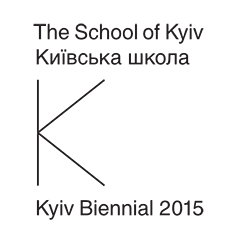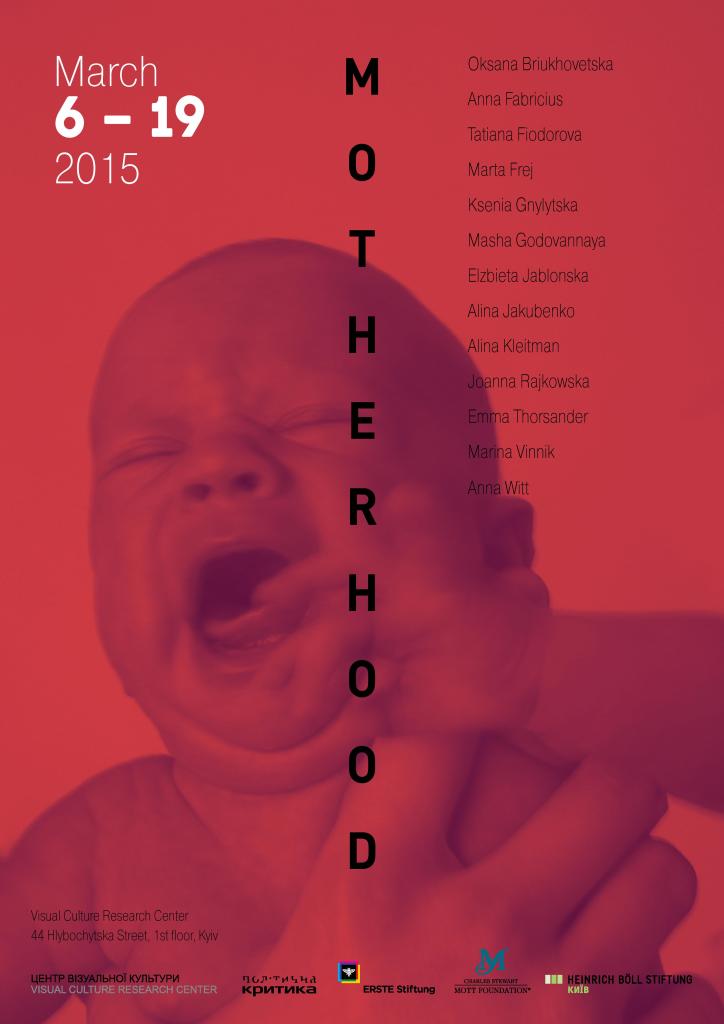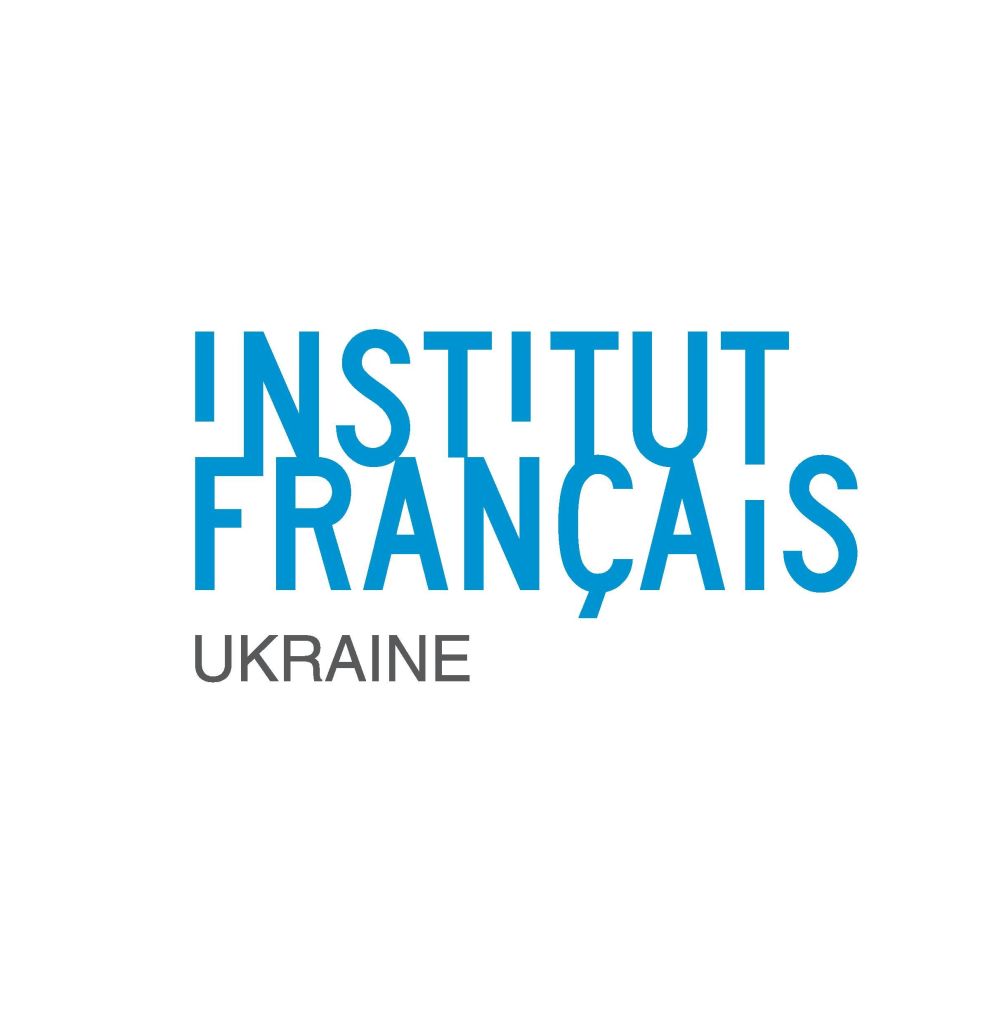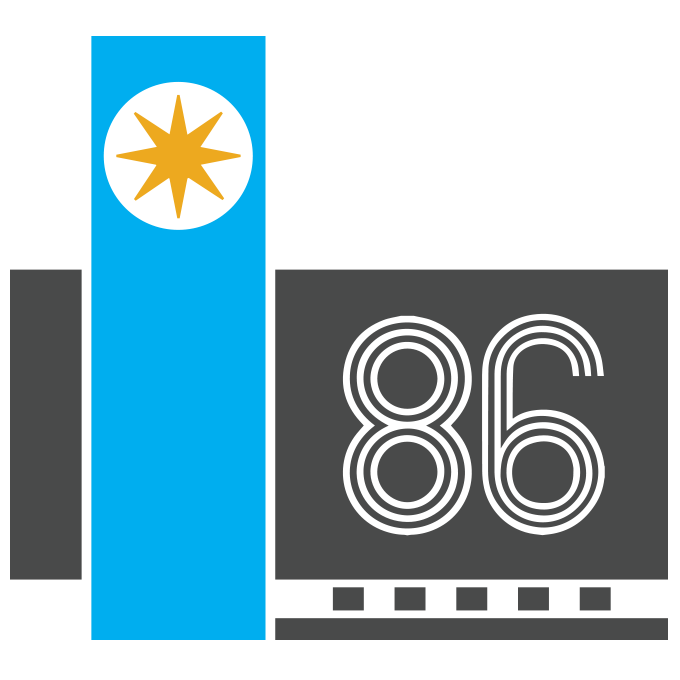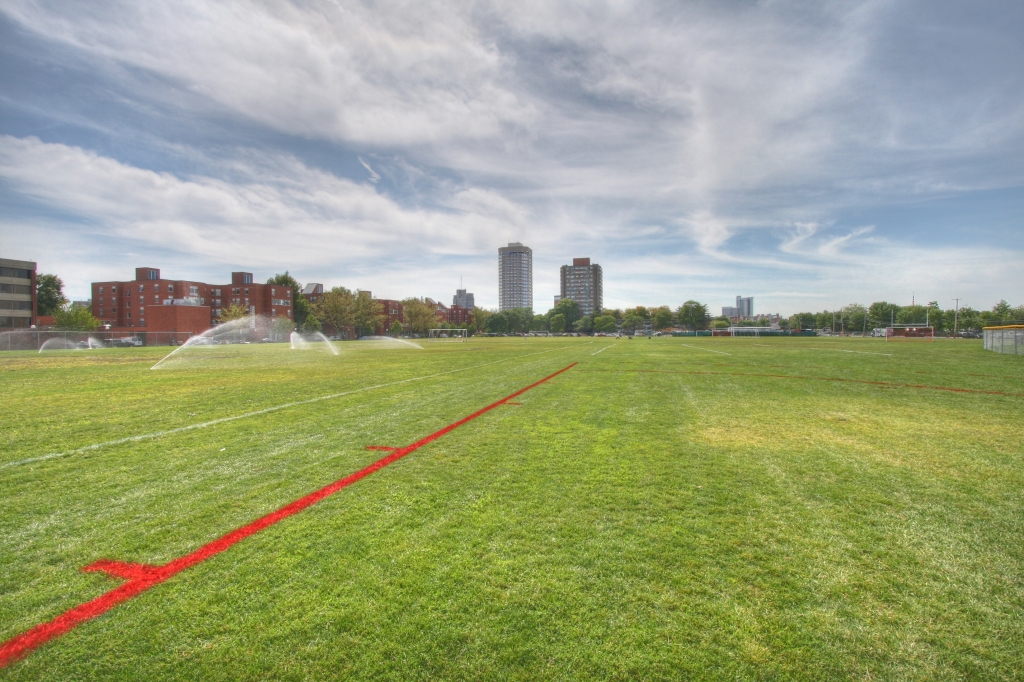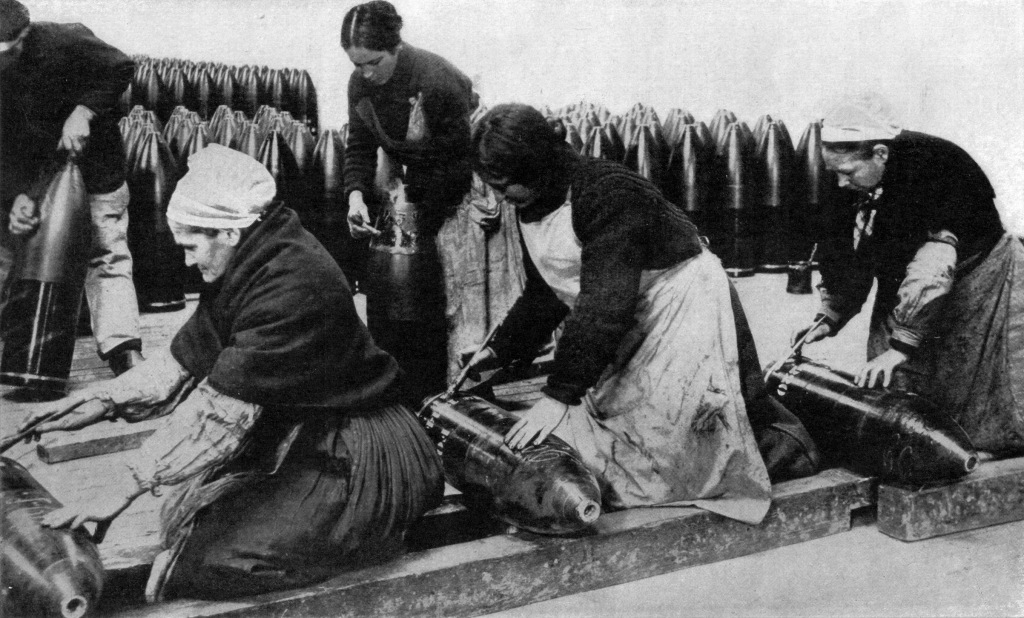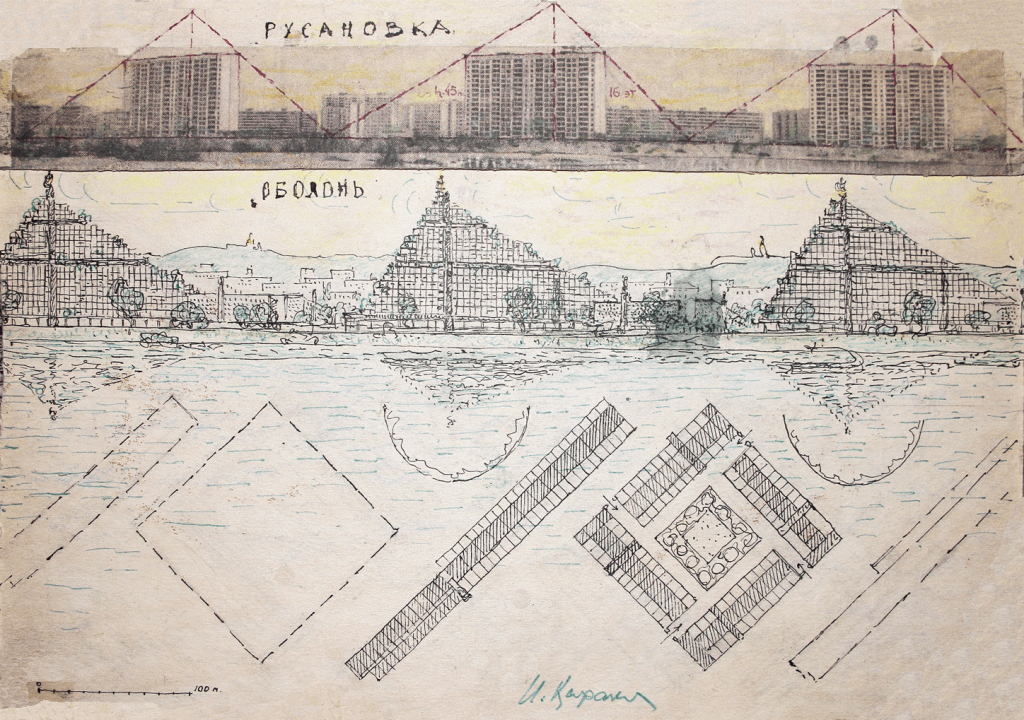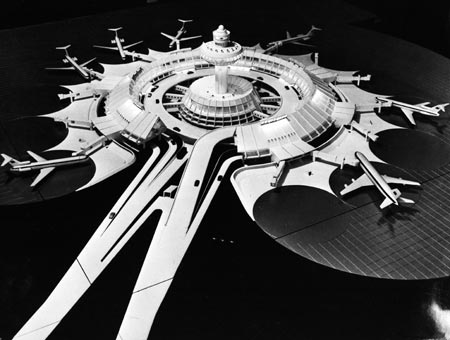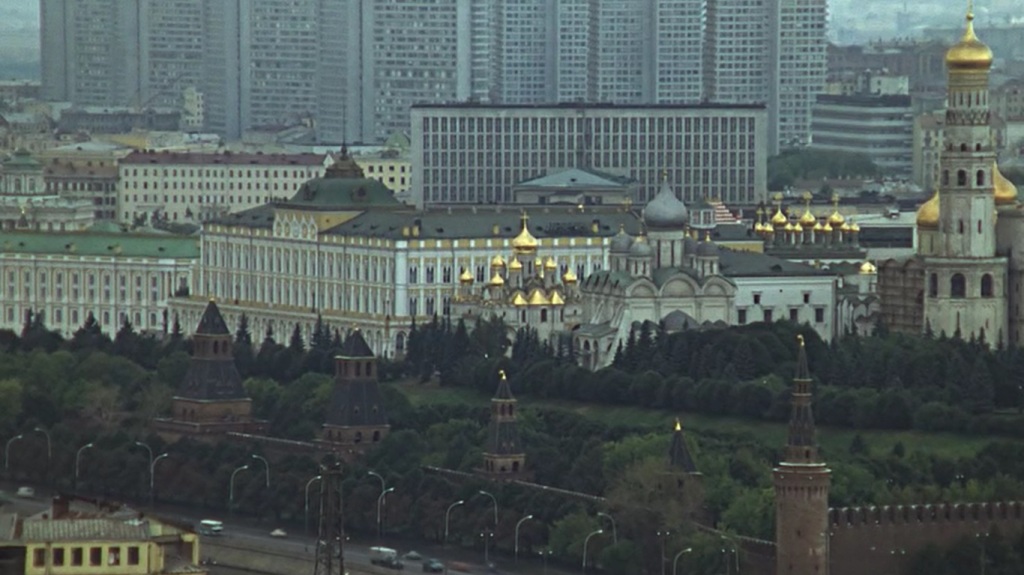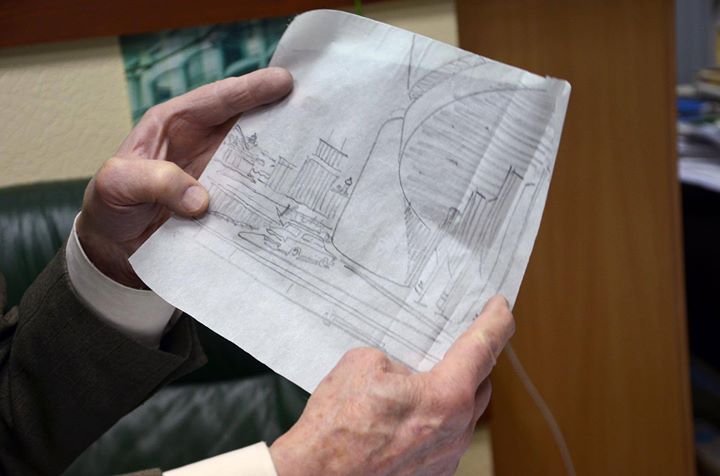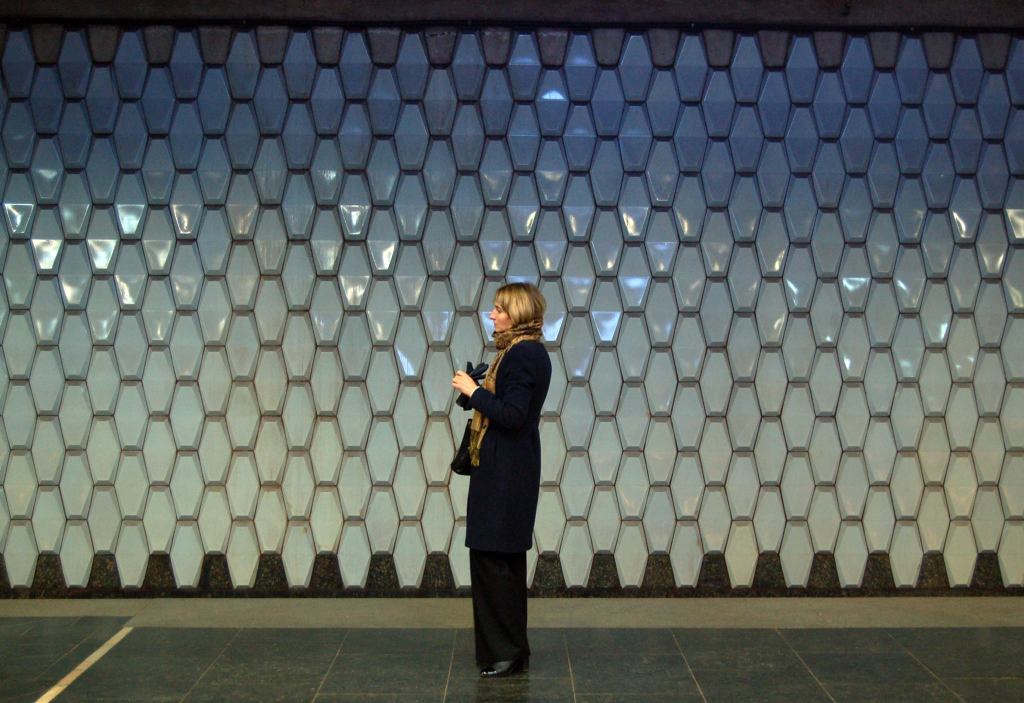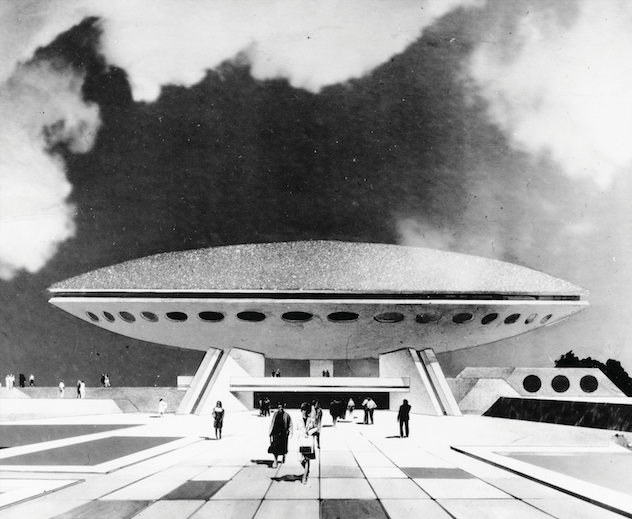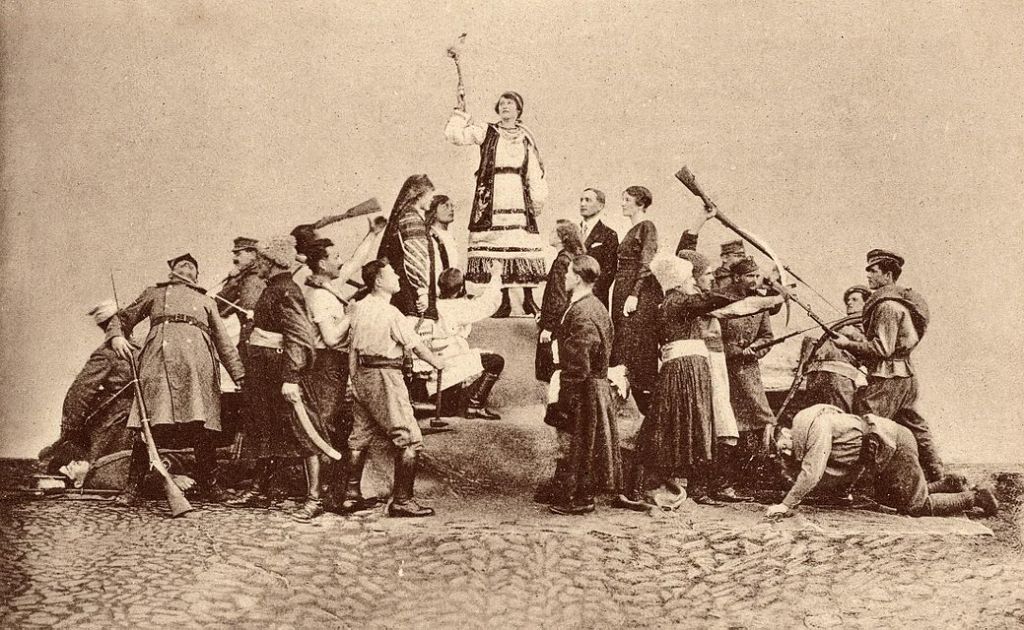Exhibition Motherhood
Friday, 6 March 2015, 18:00
Visual Culture Research Center (44 Hlybochytska Street (1st floor), Kyiv)
Visual Culture Research Center and Political Critique invite you to the opening of exhibition Motherhood, which will take place on Friday, 6 March, 18:00.
Exhibition Motherhood suggests a feminist perspective on such traditional woman «function» as giving birth and raising a child. Which maternal experiences are hidden from publicity? What efforts have to be made for the sake of formation and development of a new human being? How is the topic of motherhood revealed in the work of female artists, even though giving birth often makes them put creative work on the back burner? What does the potential opportunity of becoming a mother mean to every woman? These and other issues will be questioned in the works of artists from Ukraine, Poland, Russia, Moldova, Hungary, Austria, and Sweden.
Analyzing the role and status of mothers in the society, the exhibition represents motherhood as a hard corporal and mental work that makes our existence possible. The dialogue with mothers is a dialogue with the history of one’s own life, which deserves to be a public issue.
Participants
Oksana Briukhovetska, Anna Fabricius, Tatiana Fiodorova, Marta Frej, Ksenia Gnylytska, Masha Godovannaya, Elżbieta Jabłońska, Alina Jakubenko, Alina Kleitman, Joanna Rajkowska, Emma Thorsander, Marina Vinnik, Anna Witt
Curator
Oksana Briukhovetska
Series of events related to feminist topics will take place within the frameworks of the exhibition:
7 March, 19:00 – Film screening in partnership with Festival of film and urbanism «86» – The Punk Singer by Sini Anderson
8 March, 20:00 – Feminist party W Sounds
12 March, 19:00 – Discussion Women, Parties, Quotas: How to Achieve Gender Equality in Politics
14 March, 17:00 – Lecture by Kateryna Dysa: Feamale Sexuality in the 18th century Ukraine: Non-Symmetrical Answers from Jurisprudence
18 March, 19:00 – Presentation of gender studies anthology Image. Body. Order with the participation of Mariya Mayerchyk
19 March, 19:00 – Closing film: The Motherhood Archives by Irene Lusztig
Admission is free
Supported by ERSTE Stiftung, Charles Stewart Mott Foundation and Heinrich-Böll-Stiftung Ukraine
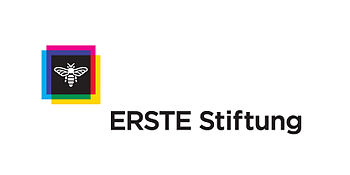
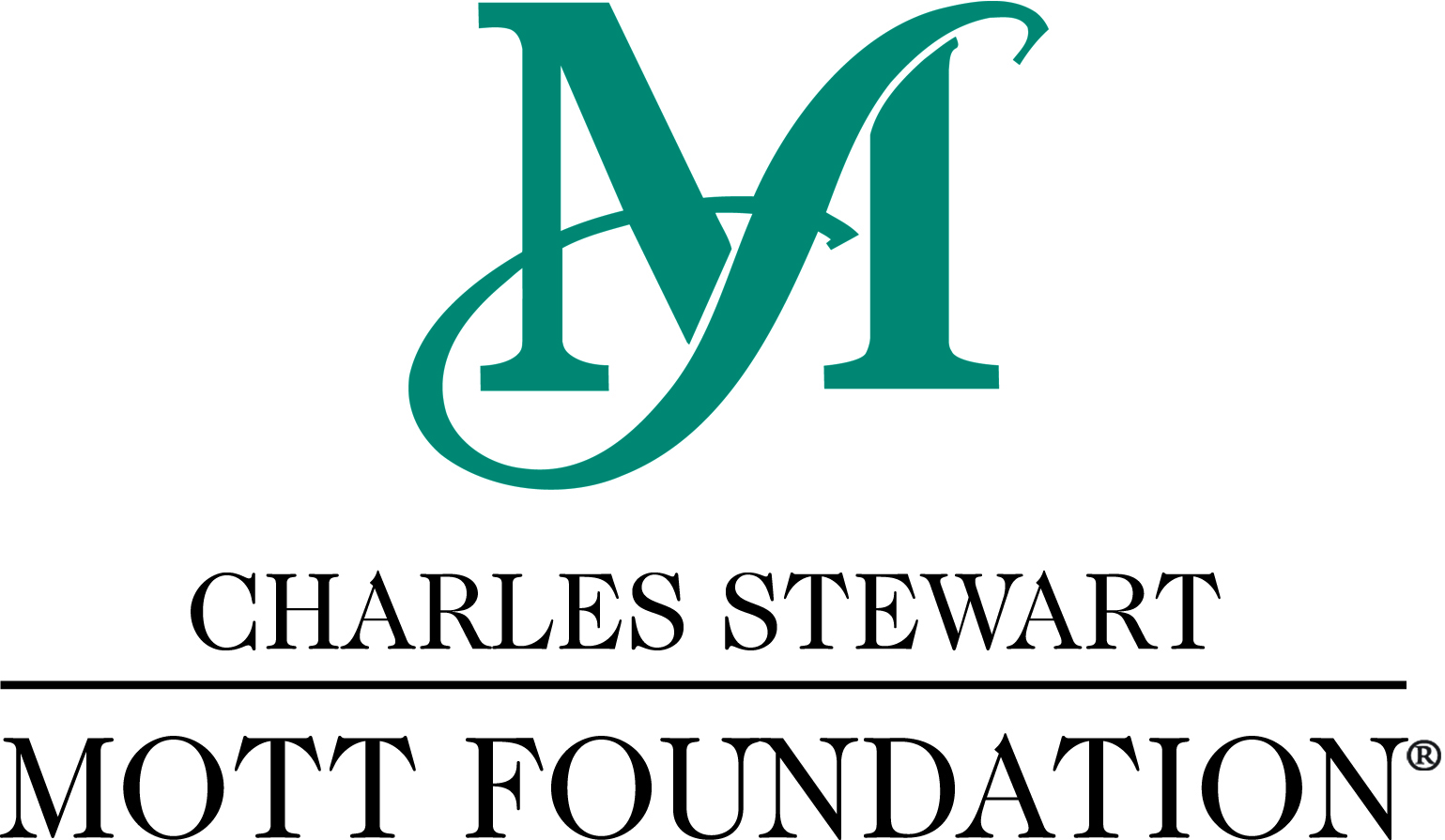
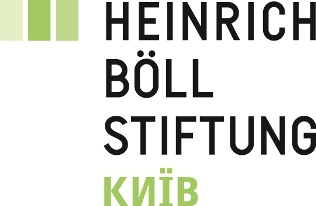
Visual Culture Research Center (VCRC) was founded in 2008 as a platform for collaboration between academic, artistic, and activist communities. VCRC is an independent initiative, which is engaged in publishing and artistic activities, scientific research, organization of public lectures, discussions, and conferences. In 2015 Visual Culture Research Center received the European Cultural Foundation’s Princess Margriet Award.
Contacts:
+380631481204 (Nazariy Sovsun)
+380964929600 (Natalka Neshevets)
vcrc@vcrc.org.ua
www.facebook.com/vcrc.org.ua
Presentation of a book Reflexive Sociology by Pierre Bourdieu and Loic Wacquant
Wednesday, 4 March 2015, 19:00
Visual Culture Research Center (44 Hlybochytska Street (1st floor), Kyiv)
Visual Culture Research Center and Political Critique invite you to the presentation of Ukrainian translation of a book Reflexive Sociology with participation of Anastasia Riabchuk and Yaroslav Hrytsak, which will take place on Wednesday, 4 March, at 19:00.
Reflexive Sociology is the first Ukrainian introduction to the scientific contribution of the most outstanding French sociologist of the 20th century Pierre Bourdieu (1930 – 2002). The book is based on a seminar held at the University of Chicago with the purpose of familiarization of the American public with theoretical and methodological principles of his research. In a dialogue with his student and colleague Loic Wacquant Bourdieu explains the meaning of his key concepts, responds to criticism, and draws special attention to the importance of reflexivity and inclusion of the theory of intellectual practice into wider social theory.
Analyzing his scientific methodology, Bourdieu makes a set of conclusions about political and emancipatory potential of social sciences and its confines, role of intellectuals in the reproduction of symbolic violence and instruments of struggle against it, reflects on the problem of determinacy of “free choice” and possibilities of the extension of freedom.
The book will be presented by its translator Anastasia Riabchuk and historian Yaroslav Hrytsak.
Anastasia Riabchuk is a sociologist and teacher at the Department of Sociology (Kyiv-Mohyla Academy). She is also a fellow researcher at the Department of Social Change (University of Johannesburg).
Yaroslav Hrytsak is a historian and publicist, Professor of History (Ukrainian Catholic University), Senior Editor of Ukraina Moderna journal.
Moderator – Lesia Kulchynska
Admission is free
Organization partner – MEDUSA Publishing House
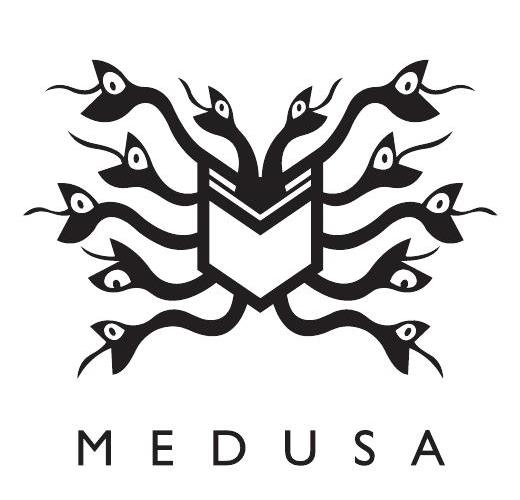
Supported by ERSTE Foundation and Charles Stewart Mott Foundation


Visual Culture Research Center (VCRC) was founded in 2008 as a platform for collaboration between academic, artistic, and activist communities. VCRC is an independent initiative, which is engaged in publishing and artistic activities, scientific research, organization of public lectures, discussions, and conferences. In 2015 Visual Culture Research Center was awarded the European Cultural Foundation’s Princess Margriet Award.
Contacts:
+38096 4929600 (Nataliya Neshevets)
www.facebook.com/vcrc.org.ua
vcrc@vcrc.org.ua
Françoise Thébaud. European Women at War: 1914 – 1918
Tuesday, 3 March 2015, 19:00
Visual Culture Research Center (44 Hlybochytska Street (1st floor), Kyiv)
On the occasion of International Women’s Day and the 100th anniversary of the beginning of First World War, Visual Culture Research Center, Institut français d’Ukraine, and Political Critique invite you to the lecture by women’s history researcher Françoise Thébaud, which will take place on Tuesday, 3 March, at 19:00.
Long and deadly, First World War was not only men’s business. The lecturer will consider chronology and forms of mobilization of women, their challenges (loneliness, mourning, poverty, sexual violence), their patriotic and pacifist attitudes and duties, consequences of war for every person, and the changing role of women in society. Referring to the examples from French history, she will also make comparisons with the contexts of other Western European countries.
Françoise Thébaud is an Honorary Professor of contemporary history at the University of Avignon, Fellow Researcher at the Institute for Gender Studies of Geneva University. She is also a co-editor of the journal Clio. Women, Gender, History, author of the books How to Write about Women’s History and Gender (2007), Women at First World War (2013), and editor of the anthology History of Western Women. Volume 5, 20th century translated into many languages. At the moment, she is working on biography of Marguerite Thibert (1886 – 1982) – Doctor of Philology, pacifist, feminist, women’s labour expert at International Labour Organization.
Admission is free
Working language – French, with consecutive interpretation into Ukrainian
The lecture will take place within the frameworks of feminist program which will last at VCRC from the 3d until the 19th of March
Supported by ERSTE Stiftung, Charles Stewart Mott Foundation and Heinrich-Böll-Stiftung Ukraine



Visual Culture Research Center (VCRC) was founded in 2008 as a platform for collaboration between academic, artistic, and activist communities. VCRC is an independent initiative, which is engaged in publishing and artistic activities, scientific research, organization of public lectures, discussions, and conferences. In 2015 Visual Culture Research Center received the European Cultural Foundation’s Princess Margriet Award.
Contacts:
+380631481204 (Nazariy Sovsun)
www.facebook.com/vcrc.org.ua
vcrc@vcrc.org.ua
Nadia Parfan. Cities Which Never Existed: History of the Soviet Urban Utopia
Wednesday, February 25th 2015, 19:00
Visual Culture Research Center (44 Hlybochytska Street (1st floor), Kyiv)
Visual Culture Research Center and Political Critique invite you to the lecture by an urban researcher Nadia Parfan, which will take place on Wednesday, February 25th at 19:00.
Is it possible to learn from the urban theories of the past centuries? In what way can we dream about ideal post-Soviet Kyiv? This lecture is about the evolution of utopian thinking in the theory and practice of Soviet urban planning. We will consider the Soviet urban utopia within the wide context of Western modernity – from Thomas More and Charles Fourier to contemporary utopist David Harvey. It will help us to follow the evolution of the utopian projects of Soviet urbanism – from the “flying cities” in the revolutionary 1920s to Slavutych, Rusanivka and typical microdistricts in the late Soviet period. We will also examine spatial transformations of these projects during the last decades and will try to see whether the utopia of post-Soviet cities has any chances to be fulfilled.
Nadia Parfan studied culture studies at National University of Kyiv-Mohyla Academy (Kyiv) and social anthropology at Central European University (Budapest). In 2012 – 2013 she was a Fulbright scholar and guest researcher at the Department of Geography and Urban Studies at Temple University, Philadelphia. She is a co-founder of the Urban Film Festival “86” in Slavutych. Nadia is interested in documentary film, cultural infrastructure and everyday practices of urban residents.
Admission is free
The lecture will take place within the framework of the exhibition Superstructure, which is open at VCRC until the 28th of February
Supported by ERSTE Foundation and Charles Stewart Mott Foundation


Exhibition “Superstructure” takes place within the frameworks of Unrendered Spaces project

Project partners:
Visual Culture Research Center (VCRC) was founded in 2008 as a platform for collaboration between academic, artistic, and activist communities. VCRC is an independent initiative, which is engaged in publishing and artistic activities, scientific research, organization of public lectures, discussions, and conferences. In 2015 Visual Culture Research Center received the European Cultural Foundation’s Princess Margriet Award.
Visual Culture Research Center (44 Hlybochytska Street (1st floor), Kyiv)
Contacts:
+38096 4929600 (Nataliya Neshevets)
www.facebook.com/vcrc.org.ua
vcrc@vcrc.org.ua
Meeting with Georg Schöllhammer
Sunday, Februaty 8th 2015, 19:00
Visual Culture Research Center (44 Hlybochytska Street (1st floor), Kyiv)
Visual Culture Research Center and Political Critique invite you to the lecture by an Austrian curator Georg Schöllhammer, which will take place on Sunday, February 8th, at 19:00.
Georg Schöllhammer will talk about Local Modernities – a long-term international research project, founded in 2002 and dedicated to the architecture and urban development of Soviet modernism, their social and ideological origins. The project opposes conventional prejudice against Soviet urbanism, arguing for a research of the urban planning approach that is deeply rooted in the blueprint of the new socialist society. According to Georg, this continent of architecture, while marked by internal conflicts, is rich in genuine masterpieces that are waiting to be discovered and appreciated. The project is focused on the paradoxical nature of Soviet urbanism, with its insurmountable contradiction between progressive ideology of common public space and organization of municipal public utilities, between the imaginary space of power and real space of the Soviet daily life. This very contradiction, according to the authors of the project, contributed to the collapse of the Soviet Union. Local Modernities is an ongoing research project, which previously took place in Vienna, Istanbul and Sao Paulo. Georg Schöllhammer will elaborate on its current results and plans for the next years.
Georg Schöllhammer is an editor, writer, and curator based in Vienna. He has worked internationally on cultural projects including Documenta, Manifesta, Transits, initiated and taken part in numerous independent art initiatives over the past 15 years. He is the curator of Arsenale 2015, together with Hedwig Sachsenhuber.
Admission is free
The lecture will take place within the framework of the exhibition Superstructure, which will take place at VCRC until the 28th of February
Supported by ERSTE Foundation and Charles Stewart Mott Foundation


Exhibition “Superstructure” takes place within the frameworks of Unrendered Spaces project

Visual Culture Research Center (VCRC) was founded in 2008 as a platform for collaboration between academic, artistic, and activist communities. VCRC is an independent initiative, which is engaged in publishing and artistic activities, scientific research, organization of public lectures, discussions, and conferences. In 2015 Visual Culture Research Center received the European Cultural Foundation’s Princess Margriet Award.
Visual Culture Research Center (44 Hlybochytska Street (1st floor), Kyiv)
Contacts:
+38096 4929600 (Nataliya Neshevets)
www.facebook.com/vcrc.org.ua
vcrc@vcrc.org.ua
Olga Papash. The Irony of Architecture’s Fate in the Soviet Cinema
Wednesday, February 11th 2015, 19:00
Visual Culture Research Center (44 Hlybochytska Street (1st floor), Kyiv)
Visual Culture Research Center and Political Critique invite you to a lecture by culture critic Olga Papash, which will take place on Wednesday, February 11th, at 19:00.
In the 1960s and 1970s, the Soviet Union experienced a housing boom. This period is usually connected with an unprecedented burst of mass prefabricated building. One of the most well-known types of low-cost, paneled apartment building was the the notorious khrushchovka. To a large extent, khrushchovkas and other prefabricated buildings determined the architectural portrait of the epoch, in particular, as it was represented in film. This kind of focus would set off most individual achievements of Soviet architects. In addition, mass perception of typical architecture dramatically changed from delight to neglect during some two decades. In her lecture, Olga Papash will consider this iconic shift, exemplifying it by both famous and little-known films of the period. She will also speak on the transformation of representative strategies towards the end of the 1970s.
Olga Papash is a culture studies scholar, film critic, essayist, and translator. She received her MA degree in cultural studies from the National University of Kyiv-Mohyla Academy. In the course of her postgraduate research, she analyzed the strategies of representation of collective trauma in cinema. She worked as a film historian at the National Oleksandr Dovzhenko Center and researched Soviet Ukrainian cinema of the 1920s and 1980s for two years. Olga Papash is the author of numerous articles on art and film. She is also a member of the Ukrainian editorial board of Political Critique magazine.
Admission is free
The lecture will take place within the frameworks of the exhibition Superstructure, which will take place at VCRC until the 28th of February
Supported by ERSTE Foundation and Charles Stewart Mott Foundation


Exhibition “Superstructure” takes place within the frameworks of Unrendered Spaces project

Visual Culture Research Center (VCRC) was founded in 2008 as a platform for collaboration between academic, artistic, and activist communities. VCRC is an independent initiative, which is engaged in publishing and artistic activities, scientific research, organization of public lectures, discussions, and conferences. In 2015 Visual Culture Research Center received the European Cultural Foundation’s Princess Margriet Award.
Visual Culture Research Center (44 Hlybochytska Street (1st floor), Kyiv)
Contacts:
+38096 4929600 (Nataliya Neshevets)
www.facebook.com/vcrc.org.ua
vcrc@vcrc.org.ua
Lecture by architect Edward Bilsky
Friday, February 6th, 2015, 19:00
Visual Culture Research Center (44 Hlybochytska Street (2d floor), Kyiv)
Visual Culture Research Center and Political Critique invite you to a lecture by architect Edward Bilsky, which will take place on Friday, February 6th, at 19:00.
Eduard Bilsky will talk about his main projects in Kyiv. How did they change from the first drafts to final versions? What were the architect’s suggestions that would have helped to form a completely different image of the city, but never got implemented? Why is Palace for Children and Youth considered to be one of the best examples of Kyiv architecture in the second half of the XX century, but today being ruined by real estate developers? Why had Vynohradar been repeatedly recognized as one of the best residential districts in the USSR, while its construction was never finished?
Eduard Bilsky is an Honored Architect of Ukraine, member of Ukrainian Academy of Architecture, Winner of the First USSR State Award in architecture. He is the author of more than 300 facilities in Kyiv, Odesa, Tashkent, Moscow, etc. Eduard Bilsky is the author of projects of residential blocks at Darnytsia, as well as the districts of Vynohradar, Synioozerny, “Pektoral” student campus, Kyiv Palace for Children and Youth, Palace for Ceremonial Events at Dniprovsky district, cross-functional entertainment centre at Vynohradar district, office buildings on 77, Velyka Vasylkivska Street, government facilities, bus stations in Kyiv and Odesa.
Admission is free
The lecture will take place within the framework of the exhibition Superstructure, which will take place at VCRC until the 28th of February
Supported by ERSTE Foundation and Charles Stewart Mott Foundation


Exhibition “Superstructure” takes place within the frameworks of Unrendered Spaces project

Visual Culture Research Center (VCRC) was founded in 2008 as a platform for collaboration between academic, artistic, and activist communities. VCRC is an independent initiative, which is engaged in publishing and artistic activities, scientific research, organization of public lectures, discussions, and conferences. In 2015 Visual Culture Research Center received the European Cultural Foundation’s Princess Margriet Award.
Visual Culture Research Center (44 Hlybochytska Street (1st floor), Kyiv)
Contacts:
+38096 4929600 (Nataliya Neshevets)
www.facebook.com/vcrc.org.ua
vcrc@vcrc.org.ua
Evgenia Gubkina. The Underground Railway of Kharkiv and Dnipropetrivsk in the Epoch of the “Developed Socialism”
Saturday, February 7th 2015, 18:00
Visual Culture Research Center (44 Hlybochytska Street (1st floor), Kyiv)
Visual Culture Research Centre and “Political Critique” invite you to the lecture by architecture researcher Evgenia Gubkina, which will take place on Saturday, February 7th, at 18:00.
In her lecture, Evgenia Gubkina will talk about the underground as an embodiment of myths about progress and prosperity that exist in the world and Soviet architecture. Why interiors of the stations were developed by the best architects and no expense was spared for the decoration? How the opening of new areas was used as propaganda instrument? By the example of subways in Kharkiv and Dnipropetrivsk Evgenia will show if the attitude to the subway in the 60 – 80s had changed, and how the “underground palace” of the late modernism looked like. What are the main conceptions and characteristics of the underground in the period of “stagnation”? Had the underground become utilitarian and not utopian project?
Evgenia Gubkina – is a scholar and curator, developer and guide of the route “Linear Сity” for the conference by international organization DOCOMOMO. Since 2012, consultant of the project “Ukrainian Weeks of the Constructivism” at Lenin gallery of contemporary art in Zaporizhia. In 2013 she was the co-founder of the project “Ukraine – Germany. 1920 – 1930. Commons” in Zaporizhia (Lenin) and the organizer of the exhibition in Kharkiv (Nürnberger House). In 2014 co-founded the public organization Urban Forms Center that realized such projects as “Atomograds: the planned cities in the contemporary society” (Zaporizhia), “Kharkiv: inventory” (Kharkiv) etc. Lives and works in Kharkiv.
Admission is free
The lecture will take place within the frameworks of the exhibition “Superstructure” going on at the VCRC until February 28th.
Exhibition “Superstructure” takes place within the frameworks of Unrendered Spaces project supported by ERSTE Foundation


Visual Culture Research Center (VCRC) was founded in 2008 as a platform for collaboration between academic, artistic, and activist communities. VCRC is an independent initiative, which is engaged in publishing and artistic activities, scientific research, organization of public lectures, discussions, and conferences. In 2015 Visual Culture Research Center received the European Cultural Foundation’s Princess Margriet Award.
Visual Culture Research Center (44 Hlybochytska Street (1st floor), Kyiv)
Contacts:
+38096 4929600 (Nataliya Neshevets)
www.facebook.com/vcrc.org.ua
vcrc@vcrc.org.ua
Superstructure: Exhibition at Visual Culture Research Center
Superstructure, an exhibition of the most outstanding projects of post-war neo-modernist architecture in Kyiv, will take place at Visual Culture Research Center from January 28th until February 28th. An exhibition will feature accomplished and unaccomplished projects by the Kyiv architects of 1950-1980ies, as well as the transformation of their utopian ideas.
The exhibition will open on the 28th of January at 19:00
Superstructure exhibition is one of the results of a long-term research of the Soviet neo-modernism in Ukraine. Materials of this research, initiated by Georg Schoelhammer within Local Modernities project, were previously presented at the exhibition Soviet Modernism 1955 – 1991: Unknown Stories, curated by Ekaterina Schapiro-Obermair, Katharina Ritter and Alexadnra Wachter at Architekturzentrum Wien (2012); Trespassing Modernities, curated by Ruben Arevshatyan and Georg Schoelhammer at SALT Galata gallery, Istanbul (2013), and Parallel Modernities at the 31st São Paulo Biennial (2014). Superstructure exhibition will present this research with a focus on Kyiv for the first time.
Central place at the exhibition belongs to an architect Eduard Bilsky, who is an author and co-author of numerous significant neo-modernist projects in Kyiv, including the Palace of Pioneers, Central Bus Station, residential district Vynogradar etc. His sketches, drawings, and project materials show the scale of utopian thinking of Kyiv architects. Works by an architect Florian Yuriyev (author of the famous ‘Kyiv saucer’ building) serve as an example of “synthesis of arts” in architecture. Tragic history of the Park of Memory by Ada Rybachuk and Volodymyr Melnychenko will be represented in film The Wall by Israel Goldstein. Besides, projects by Mykhaylo Budylovsky, Anatoliy Dobrovolsky, Yosyp Karakis, Avraam Miletsky, Nataliya Chmutina, Volodymyr Shevchenko, Valentyn Shtolko, and others, will be presented at the exhibition.
“In the early 1960s Kyiv architecture started speaking an international language of post-war neo-modernism. The community of architects, artists, and engineers, for whom architecture and construction were one of the many elements of modernist thinking, were in the vanguard of this process. Architects claimed the role of the demiurges, who create total works of art, and artists aspired for being equal co-authors of architectural projects. It was an attempt to transform the city into the environment for materialization of artistic thinking – in contrast to the strict unification of city space by typical construction and residential blocks”. [From the curatorial statement]
Research group of the project – Oleksandr Burlaka, Oleksiy Bykov, and Oleksiy Radynski.
Exhibition is open every day, except Mondays, from 13:00 until 19:00
Admission is free
Exhibition takes place within the frameworks of Unrendered Spaces project supported by ERSTE Foundation


Visual Culture Research Center (VCRC) was founded in 2008 as a platform for collaboration between academic, artistic, and activist communities. VCRC is an independent initiative, which is engaged in publishing and artistic activities, scientific research, organization of public lectures, discussions, and conferences. In 2015 Visual Culture Research Center received the European Cultural Foundation’s Princess Margriet Award.
Visual Culture Research Center (44 Hlybochytska Street (1st floor), Kyiv)
Contacts:
+38096 4929600 (Nataliya Neshevets)
www.facebook.com/vcrc.org.ua
vcrc@vcrc.org.ua
Serhiy Bilenky. Ukrainian Nationalism Between Democracy and the Dark Side: A Talk About Its Legacy
Tuesday, December 30th, 2014, 19:00
Visual Culture Research Center (44 Hlybochytska Street, Kyiv)
Visual Culture Research Center and Political Critique invite you to the lecture by Serhiy Bilenky, which will take place on Tuesday, December 30th, at 19:00.
Today, more than ever, we experience the tension between the democratic potential of Ukrainian nationalism and its “dark” side, both real and imagined threat of neo-Nazism and right-wing populism. Both threats were manifested during the Maidan and in the discourse around it. In his lecture historian Serhii Bilenky will explore origins of the current developments and history of the so-called classical period the Ukrainian national movement (or “Ukrainian nationalism” as it is often called in the West) of 19th – early 20th centuries, its main dilemma, traditions and sources, including roots of its “dark “side.
Serhiy Bilenky is a historian and lecturer at the University of Toronto. He taught courses on Russian, Ukrainian, and east European histories at the University of Toronto (2009-2010) and Columbia University (2009-2012). Prof. Bilenky is the author of two monographs: Mykhailo Maksymovych ta osvitni praktyky na Pravoberezhnii Ukraїni u pershii polovyni XIX stolittia (Kyiv, 1999) and Romantic Nationalism in Eastern Europe: Russian, Polish, and Ukrainian Political Imaginations (Stanford University Press, 2012); also he is the editor of the selected writings of the 19th century Ukrainian intellectuals Fashioning Modern Ukraine: Selected Writings of Mykola Kostomarov, Volodymyr Antonovych, and Mykhailo Drahomanov (Canadian Institute of Ukrainian Studies, 2014).
Admission is free
Visual Culture Research Center (VCRC) is a platform for collaboration of artists, activists and academics founded in Kyiv-Mohyla Academy in 2008. Since its inception VCRC had organized over 100 debates, conferences and research seminars, nearly 20 exhibitions and a series of street protest actions.
Contacts:
+38097 436 98 99 (Yustyna Kravchuk)
www.facebook.com/vcrc.org.ua
vcrc@vcrc.org.ua

